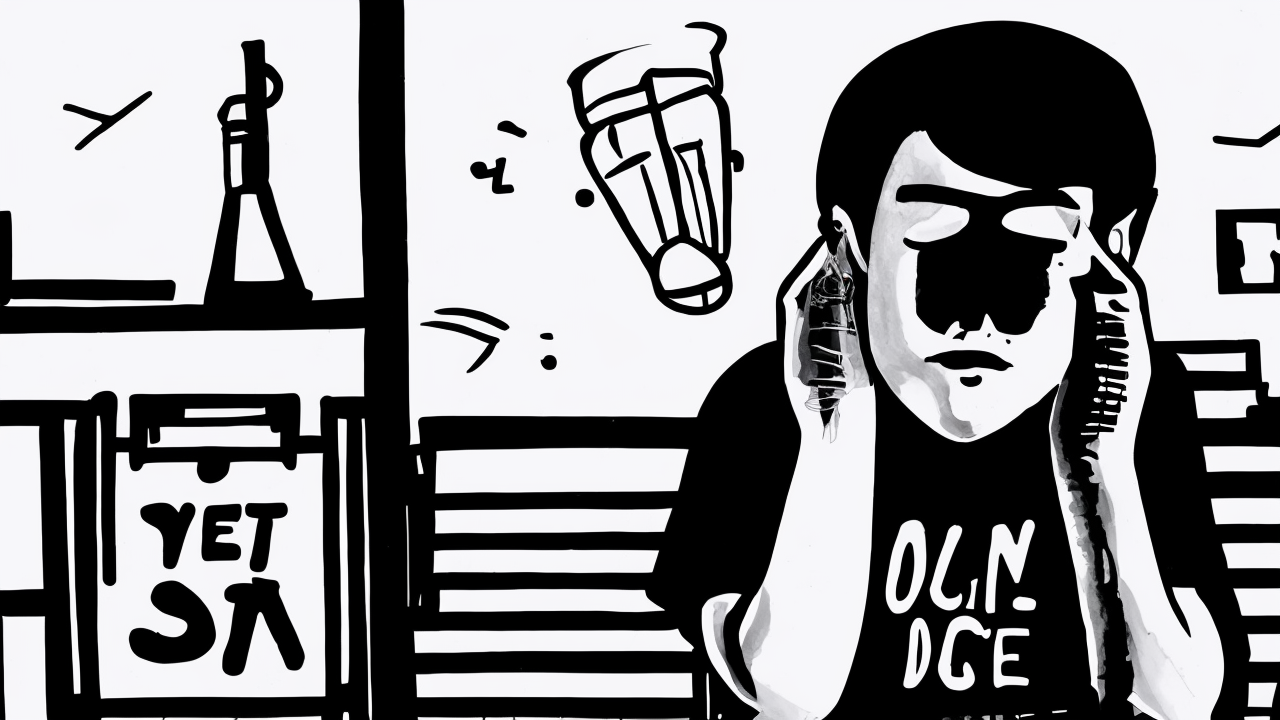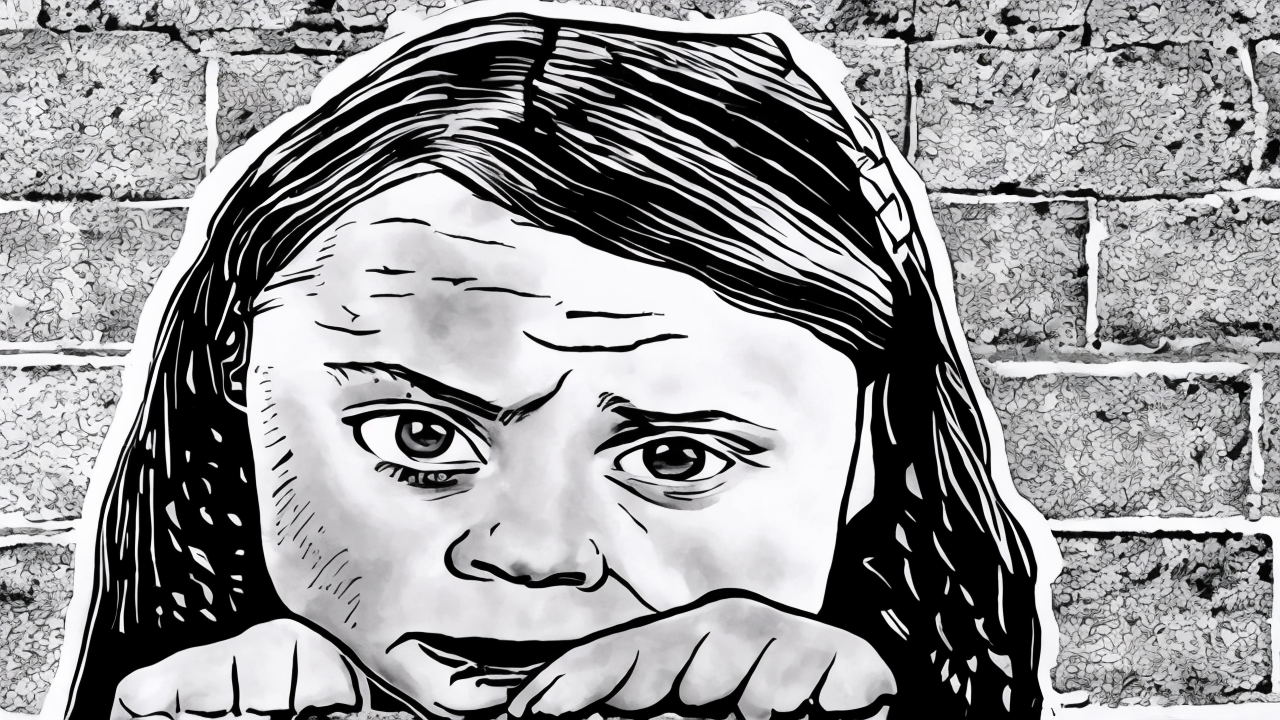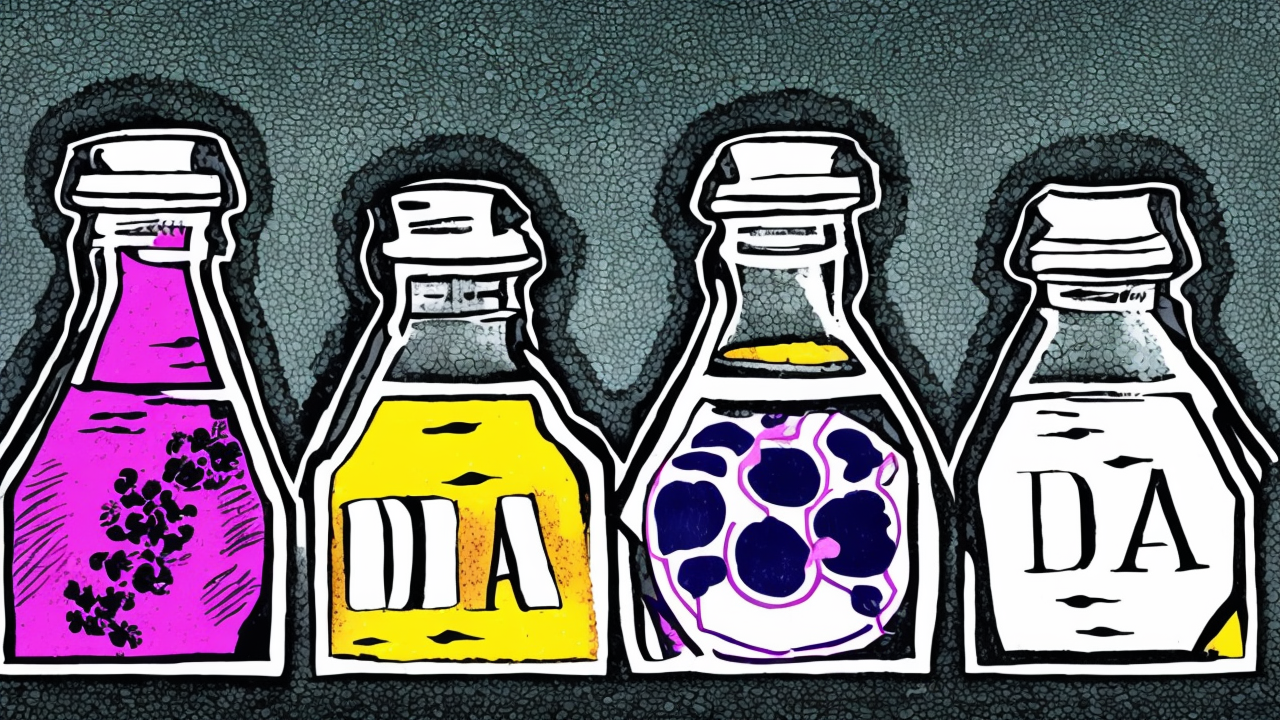Rising Trend in Teen Suicides: Concern Over Chemical Use

A recent study has highlighted a disturbing trend among U.S. adolescents, revealing an increase in suicide attempts using sodium nitrate and nitrate, chemicals commonly found in food preservation. This concerning development underscores the need for heightened vigilance and proactive measures within families and communities.
The study, presented at the American Academy of Pediatrics annual meeting, found that adolescents who died from sodium nitrate poisoning were older, with 62% being aged 17 to 21. Notably, these youth were more likely to have had prior mental health issues, yet less likely to have received mental health services. This disparity suggests potential gaps in the current mental health support systems, particularly in reaching at-risk individuals.
Ethnic distribution revealed that white youth were the majority in both groups, while Asian and Black youth had significant representation in the sodium nitrate and non-sodium nitrate groups, respectively. The study also noted that these chemicals are easily accessible online, raising concerns about parental oversight and the need for better regulation.
Conservative perspectives emphasize the importance of individual and family responsibility in addressing this issue. There is a call for parents to be more vigilant and for communities to foster environments where mental health is prioritized without over-reliance on government or school-based programs.
In conclusion, the findings highlight the necessity for a multifaceted approach involving parents, schools, and healthcare providers. By focusing on personal accountability and community support, we can work towards preventing such tragedies while aligning with conservative values of limited government intervention and family-centered solutions.
The Silent Crisis: A Call for Family-Centered Solutions to Prevent Teen Suicides
The alarming rise in teen suicides involving sodium nitrate and other chemicals paints a grim picture of our society's failure to protect its youth. This trend, particularly among older adolescents, highlights a critical need for intervention, not just from institutions, but from families and communities.
At the heart of this crisis lies a systemic failure of government programs to adequately address mental health issues. Despite significant investments, these programs often fall short, leaving vulnerable individuals without the support they need. This underscores the importance of personal accountability and the essential role of families in providing care and guidance.
Conservative principles emphasize the strength of family units and community support. Parents must be vigilant, monitoring their children's mental health and access to harmful substances. Communities should foster environments where mental health is prioritized, offering resources that align with conservative values, such as faith-based counseling.
The moral imperative to protect our youth is clear. By focusing on family-centered solutions and fostering accountability, we can build a resilient society that values life and supports its members. This crisis is a call to action, urging us to uphold our responsibility to the next generation and ensure a brighter, safer future for all.
Published: 10/2/2025

















